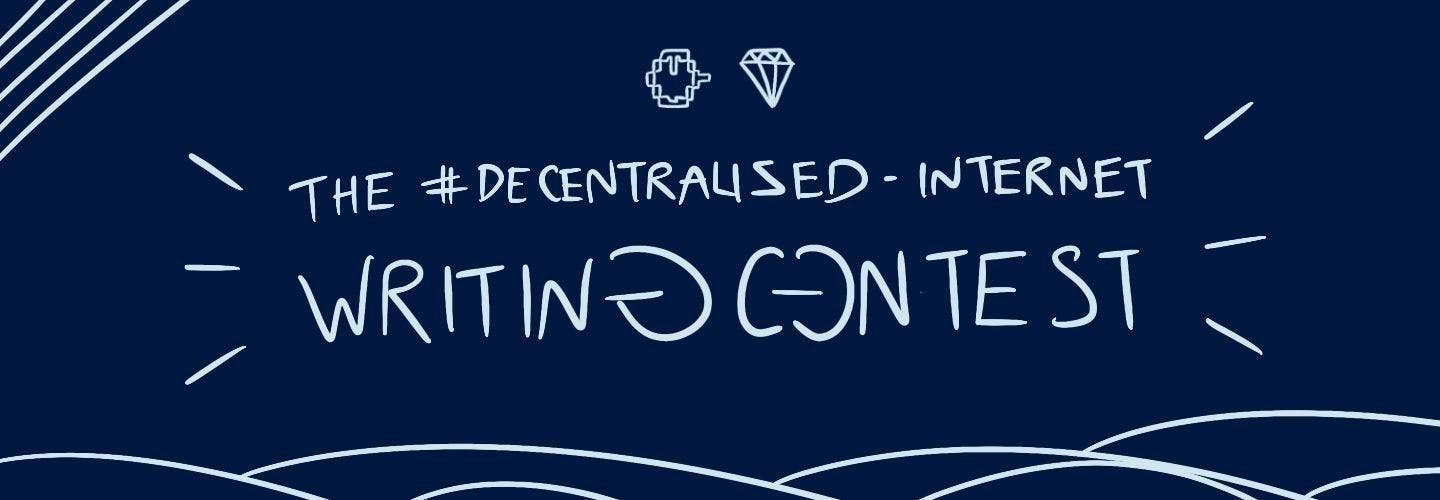383 reads
The Decentralized Internet is Here to Stay
by
December 16th, 2021
Audio Presented by

First AWS Hero in Africa, Speaker, Author of Cloudwatch book, Co-leader AWS Nigeria and DevOps Nigeria Groups
About Author
First AWS Hero in Africa, Speaker, Author of Cloudwatch book, Co-leader AWS Nigeria and DevOps Nigeria Groups
Comments
TOPICS
Related Stories
Decentralization Confusion
Jun 08, 2018
